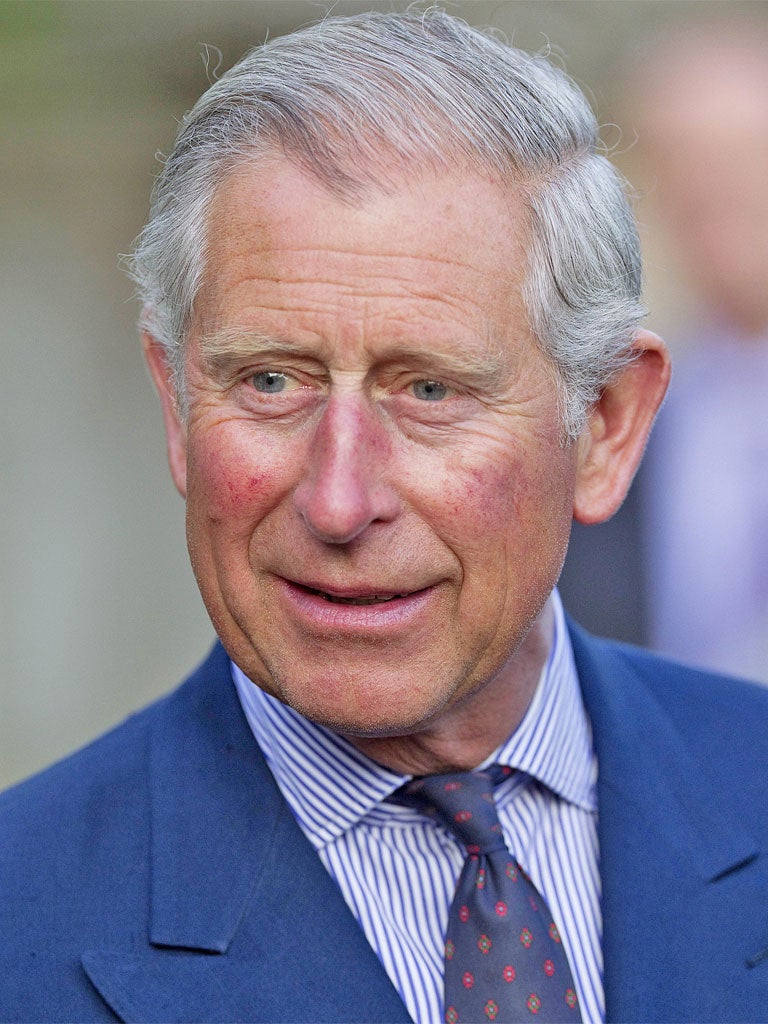Prince Charles attacked over tax payments

Clarence House defended the Prince of Wales' financial arrangements today after he was reported to authorities over claims the Duchy of Cornwall is a "well entrenched tax avoidance scheme".
Republic, which campaigns for an elected head of state, said it had written to HM Revenue and Customs (HMRC) and Margaret Hodge, chairwoman of the Public Accounts Committee, asking them to investigate the £728 million organisation's tax arrangements.
It claims that an information commissioner ruling in November last year means the 675-year-old Duchy is a separate legal entity to the Prince - to whom it paid more than £18 million last year - making it liable for corporation tax.
Clarence House disputed this, saying today that the Duchy is a trust set up to generate income for Princes of Wales and not liable to pay the tax.
"The Prince voluntarily pays income tax on income generated by the Duchy, so there is no legal requirement to pay corporation tax and to do so would result in double taxation," a spokeswoman said.
The Duchy is the estate given to the heir to the throne, and according to its 2012 accounts, comprises around 53,408 hectares of land in 24 counties, mostly in the south west of England and including the whole of the Isles of Scilly.
It was created in 1337 by Edward III for his son and heir, Prince Edward, the Black Prince, who became the first Duke of Cornwall.
Charles receives the "revenue surplus" from the estate, and the Duchy's accounts show it grew by 2.8 per cent to £18.3million in the last financial year. Its total worth grew by £32 million to £728 million, due to "buoyant agricultural property values".
His tax bill rose marginally from £4,398,000 to £4,496,000, an increase of £98,000.
In November last year, during a row over plans for an oyster farm in an environmentally sensitive area of west Cornwall owned by the Duchy, an information tribunal ruled the Duchy was a public authority and ordered it to divulge environmental data to the public.
Republic said that this ruling made it a "separate legal entity" liable to the tax.
Its chief executive Graham Smith said that the Duchy, like Starbucks and Google, had a "moral obligation to pay a fair rate of tax".
Unlike Starbucks Prince Charles doesn't have to create some complex network of overseas companies and offices. He simply insists that he shouldn't have to pay and hides behind his very own onshore tax-haven," he said.
"The Duchy clearly operates as a separate legal entity. It is only in his possession for as long as he is heir to the throne or as long as parliament allows it."
"Charles doesn't 'earn' the profit from the Duchy, it isn't money made as the result of his own hard work. And the Duchy cannot claim, as the big corporations do, that it offers a net benefit to the economy. The Duchy is simply a cash cow for the prince and the prince is clearly set on minimising his tax contributions."
An HMRC spokesman said it does not comment on the affairs of individual taxpayers.
PA
Join our commenting forum
Join thought-provoking conversations, follow other Independent readers and see their replies
Comments
Bookmark popover
Removed from bookmarks